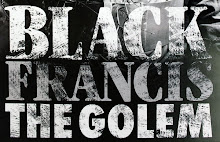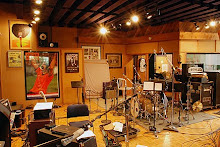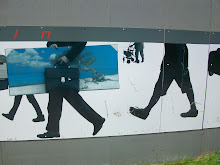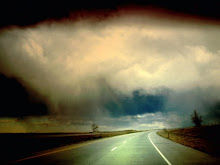20,000 Days On Earth dredges the drama and depth of Nick Cave
20,000 Days On Earth
Director: Iain Forsyth, Jane Pollard
By Jason Heller Sep 16, 2014 12:00 AM
Nick Cave is known first and foremost as a singer-songwriter—mainly in the transgressive post-punk band The Birthday Party and the brooding, mysterious ensemble Nick Cave And The Bad Seeds—but he’s also worked in prose and film. One thing that ties all his projects together is a grainy, cinematic quality, which is partly the reason why 20,000 Days On Earth works so beautifully. The documentary, directed by Iain Forsyth and Jane Pollard, only barely lapses into the standard, talking-head testimonial that’s become the default setting for rock docs. The rest of the film attempts to match, through shadowy nuance and verité-style perspective, the starkness and intensity of Cave’s work, regardless of what medium it takes on. And at that, it almost entirely succeeds.
Cave got his start in the ’70s in an Australian new-wave band called The Boys Next Door; when that group morphed into the harder, weirder The Birthday Party and relocated to England in 1980, it flared up and then promptly imploded. Cave hit the ground running with The Bad Seeds in 1983. That group continues to this day, occasionally taking a break for Cave to indulge in a sleazier, more rock-centric persona as the frontman of his side project, Grinderman. He’s also a novelist, a composer for film and theater, a screenplay writer (of The Proposition and Lawless), and an occasional bit actor. One element runs through all of his endeavors: a majestic, gothic grit that borders on the perversely biblical.
20,000 Days On Earth hits on the major points of Cave’s life and career, and it shrouds itself in a sympathetically murky aura. To its credit, though, the film doesn’t feel tied to any kind of chronological narrative or journalistic agenda; instead it flows like smoke. And even when others poke their heads in to deliver anecdotes—like Bad Seed Warren Ellis, who gruffly, crudely tells a story about seeing Jerry Lee Lewis in concert—they bounce off Cave as if they’re in the strangest buddy movie of all time.
The film is not without its drawbacks. At times, Cave’s omnipresent voice-over verges on self-indulgence, and his pretentious typewriter-troubadour role feels thin after a while. But the voice behind that voice-over is so commanding and compelling. Scenes of Cave undergoing some sort of staged psychoanalysis seems silly at first—that is, until he opens up with some truly fascinating insight into his family life, his sex life, and above all, his creative process. “The more I write, the more detailed and elaborate the world becomes,” he explains, but that arrogance is charismatically offset by lighter scenes, including one where Cave, elder statesman of the underworld, sits down at the piano to play a Lionel Richie song.
“Songwriting is about counterpoint. Counterpoint is the key,” Cave expounds, and that’s precisely what Forsyth and Pollard do in the film through their juxtaposition of the mundane and the profound—and of the myth-building and the myth-poking. Those who have ever dreamed of seeing Cave stare at his own bloodshot eyeballs in a bathroom mirror (and all that might symbolize) won’t be disappointed—but neither will those who follow him with slightly less cultish zeal, or even just mild curiosity. 20,000 Days On Earth doesn’t try to be a journalistic, comprehensive study of its subject—but with so much texture and atmosphere on tap, it doesn’t need to.
http://www.avclub.com/review/20000-days-earth-dredges-drama-and-depth-nick-cave-209198
20,000 Days on Earth - Official Trailer










































































































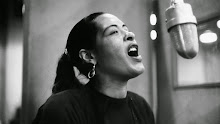



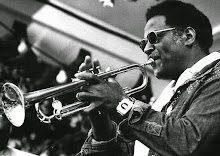
































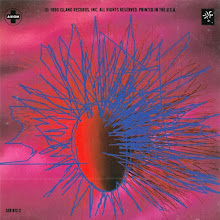






































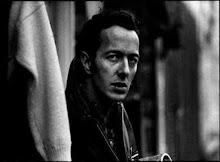


























![Emilio Aragón [Miliki]](https://blogger.googleusercontent.com/img/b/R29vZ2xl/AVvXsEgU984UtiH44tEevrjWKEP26uzJpkSR0NMPCyUzIg16SRop9lUziLazCa4V3Ol9LgmRdnzgHiyLD-8SPVx7J7cZt1G5jmzE1lDfWyzlvXaq7dp2EQ5OLle-bBG3ZcovVu5h00ZzuOwXVCo/s220/Gracias+Miliki%2521.jpg)

























































































































































